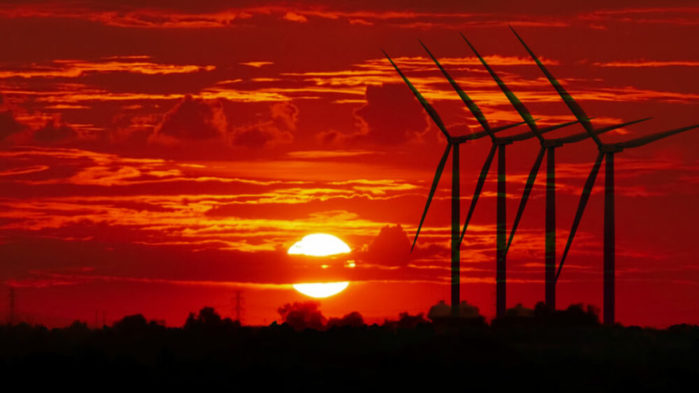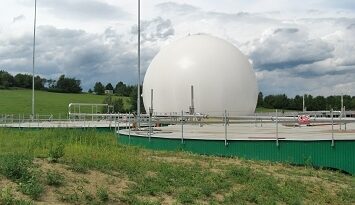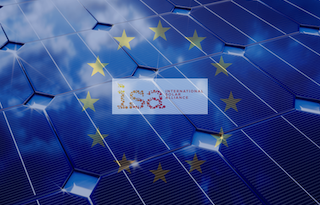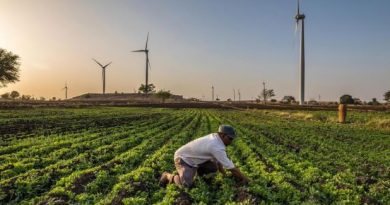23% of Europe’s energy consumed in 2022 came from renewables

In 2022, the proportion of renewable sources in the European Union’s gross final energy consumption reached 23.0%, marking a 1.1 percentage point increase from 2021. The revised Renewable Energy Directive has elevated the EU’s 2030 renewable energy target from 32% to 42.5% (with an intention to raise it further to 45%).
Consequently, EU member states are expected to enhance their collective efforts to meet the new 2030 target, necessitating a nearly 20 percentage point rise in the share of renewable energy sources in the EU’s gross final energy consumption.
Sweden leads among EU nations, with an impressive 66.0% of its gross final energy consumption in 2022 derived from renewable sources. The primary sources for Sweden include hydro, wind, solid and liquid biofuels, as well as heat pumps.
Following Sweden, Finland recorded 47.9%, relying on hydro, wind, and solid biofuels, while Latvia achieved 43.3%, predominantly through hydro sources. Denmark (41.6%) and Estonia (38.5%) secured most of their renewables from wind and solid biofuels, and Portugal (34.7%) leaned on solid biofuels, wind, hydro, and heat pumps. Austria (33.8%) predominantly utilized hydro and solid biofuels.
Conversely, the lowest proportions of renewables were observed in Ireland (13.1%), Malta (13.4%), Belgium (13.8%), and Luxembourg (14.4%). Notably, 17 out of the 27 EU members reported shares below the EU average of 23.0% in 2022.
The European Environment Agency (EEA) underscores that the EU’s 2030 renewables target of 42.5% will accelerate the decarbonization of the EU’s electricity supply in this decade.
The agency emphasizes the pivotal role of renewable and clean energy in achieving Europe’s climate neutrality by 2050, ensuring a stable energy supply at affordable prices. While the transition to a clean and renewable energy system is already underway, it must be expedited, transforming key sectors such as transportation and establishing the necessary infrastructure and governance. The European Green Deal, along with initiatives like RePowerEU, aims to facilitate this transition.




